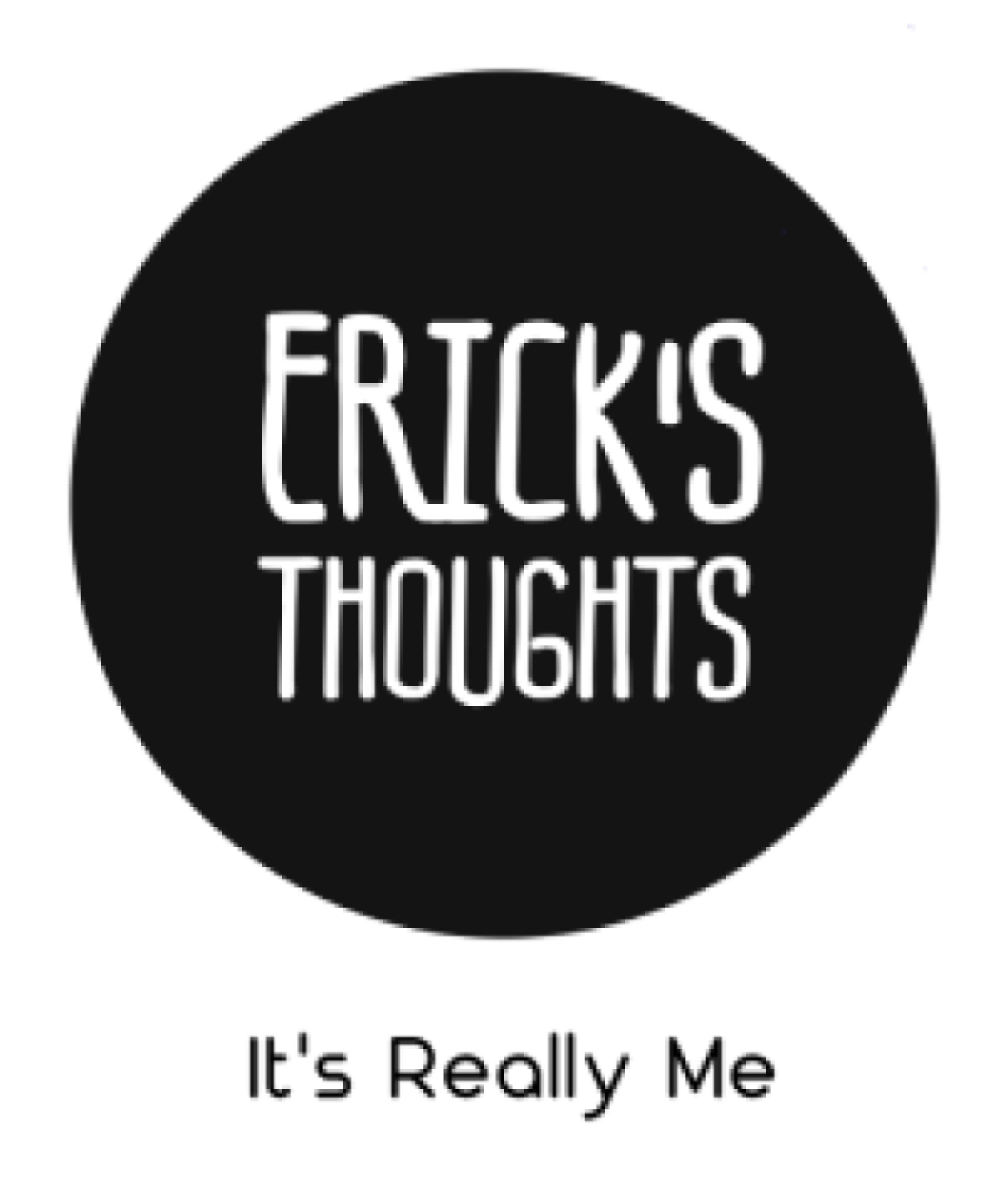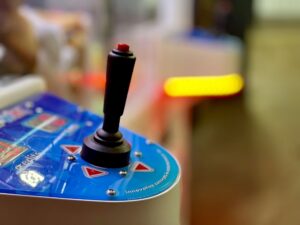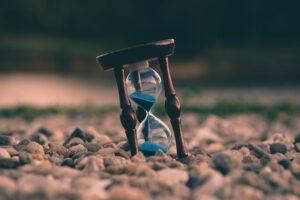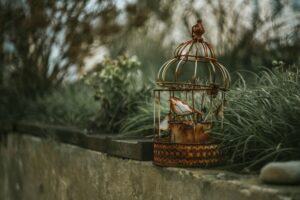I used to want to frame the ‘human condition’ entirely scientifically, but science alone is probably not a complete enough approach. By human condition I mean the ‘reason’ that we behave the way we do. The thing that if we knew we would be able to predict our actions or at least fully understand in hindsight all of our actions. By scientifically, I mean that we want to prove. It is not enough that we have a hunch or blindly accept some rule of thumb, ancient wisdom, or mythology. In a micro sense, we each live seemingly unpredictable, chaotic, serendipitous, surprising lives, and if we think about merging all that disorder it’s hard to imagine we can ever predict or know anything definite about the ‘human condition’ – i.e. create order out of disorder. Yet, when we zoom out, we will probably all agree that we see consistent patterns come up across geographical, societal and historical boundaries. History tends to repeat itself. People really aren’t that different. Things like that. So which is it? Or why do we operate that way?
First, a snippet on why science alone is flawed. I won’t go too much in depth because I think to adequately talk about the flaws of science, we also need to talk about flaws in knowledge, belief (which includes creation, religion implicitly), and uncertainty generally. Keep in mind I am not saying science is bad or I do not believe in science. I like science. Science is fascinating, and a lot of it is so logically consistent and so predictive about simplified versions of reality that you can’t help but feel there’s something real about it. Some people will disagree, but if you say in an everyday practical sense that science is fake or doesn’t exist, I think you are very unaware (not necessarily stupid, but that is also possible). The main point is that at the core of all science is uncertainty. Science is right until it’s not, then the new thing is right, until it’s not. Unless we know exactly how the whole system works and how it came to be we’ll never know at any given point that a specific set of theories is actually right. You see the problem. We certainly don’t know how the universe came to exist. Stephen Hawking admits we don’t even know if that’s the right question to ask – it’s possible there was no beginning. He also says (jokingly but also for real) that it’s just as valid to say the universe is supported by an infinite stack of turtles as it is to say it is supported by things like gravity. Just as valid, but not just as useful. Even if there are cosmic turtles out there to thank for us being here, it’s physics and science that we use to improve our standard of living.
Science has improved our standard of living so much that we have come to think it is invincible, and thus overvalue it. It is our excessive expectation that creates a flaw in our use of science – I guess it’s not science’s fault. For context, we were not always this way. From my rough understanding, the basic methods of scientific inquiry and thought were birthed with the Greeks – a very creative civilization. Then the Romans took over and squashed the creativity in favor of a long-lasting empire focused on strict rule following. Then the world got tired of the structure and devolved into the Dark / Middle Ages – chaotic. When it seemed there was only chaos, thinkers emerged again, really only rediscovering the forms of inquiry of the Greeks – this was the Renaissance. From here, science advanced rapidly and in the grand scheme it didn’t take that long to get to the age of computers and AI. I haven’t studied as much Eastern traditions or New World (North and South America), but I’m sure they also have good insights / some stuff was happening in parallel. Basically, my point is we (I) assume science is the best answer for everything even when (1) for most of our history science was not even really that much of a thing, (2) I’m sure people in past ages were able to achieve true life satisfaction despite lacks of science (it just didn’t last as long because they died quickly), and (3) having more useful tools (thanks to science) does not automatically guide us better in the direction of how to live.
So if more and more science does not automatically improve humanity and help us live better, then it makes sense that we end up making a bunch of similar mistakes again and again. So, we say history repeats itself, but really it’s just that we don’t learn. In reality, some of us do learn, but it requires everyone to learn more or less at the same time to get rid of a human-engrained error, and that might actually be impossible. Even a saint can only impact so many people for so long before they are gone and the general population is once again unruly. It’s unfortunate but seems true. Generally, as we know and I have mentioned before, entropy is an important thing. We tend to disorder. Order is created, but in a way it’s not meant to exist as time will eventually eat it away.
So what’s the point of this piece? I was wrong. Not a little wrong, but a life shattering level of wrong, and while I’ve known this implicitly for some time, this is the first time I’m fully admitting it. It’s emotional. Obviously not joyful, heavy, the kind of weight that sort of just snuffs everything else out so that it’s not intensely alarming, but still it’s intense – perhaps bittersweet, too. My baseline is analytical and logical. From early on in life I have gravitated to logical / scientific explanations of the world. In most cases, I instinctively opted for such ideas over the ‘hand-wavy’ instinctive feelings and sentiments. I never really found it worth giving ‘the other side’ the time of day. And I didn’t. I just thought people that thought like that don’t know better because if they were logical they would see it X way. Egged on by initial realizations and learning, my hope of ultimately understanding life became more and more justified (at the time). Surely there was an answer, it was just a matter of me being able to see it, just a matter of knowing enough, thinking about it in just the right way. The paragraphs above about uncertainty and flaws of science (knowledge generally) are only the tip of the iceberg that permanently sank my naive hopes. More likely than not there is no answer. My goal to understand life, well in my post Seeing Truth I went a bit into that very question and it wasn’t looking too promising.
The fallacy? I was looking for meaning in knowledge. Knowledge is beautiful. And that’s not just an adjective, it’s really beautiful. It inspires awe. It takes your breath away. Meeting knowledge, how do you conceive of a sensical world without it? To accept knowledge is not the way is to accept that the foundation I spent most of my life building, as pretty as it is, isn’t going to get me where I want to go. I don’t want to be too dramatic, but it does really feel like death. And with death there is birth. I’m still here after all. I will always look for meaning in abstract representations of the world because it is how I think, but to do that with the same faith and expectation as I used to would just be dumb. I’ll do it because it’s fun and I personally find it enriching, but, if I am demoting knowledge, what am I promoting?
Instead of understanding life (which I will try to do until I really die), my main goal is to live life. To be present. Life is short. I want to listen to people when they talk (real talk). I want to be there to celebrate good moments, and I want to be there in the bad moments, too. I’ll keep thinking about this, but one thing that’s clear to me is even if I never truly understand, the more I do understand about life and people, the more fruitful my interactions and relationships will be. So, my previous #1 goal coincidentally had a lot of residual value. AND, because I have mostly focused to date on the logical / rational, I have been more prone recently to exploring those things that before I did not (music, performance, comedy, theater) – more on this another time but I’ve learned quite a bit from this / have been surprised at some pretty major overlaps in worldview. It will still be some time before I can say the same about much of art and poetry, but maybe one day that too.



